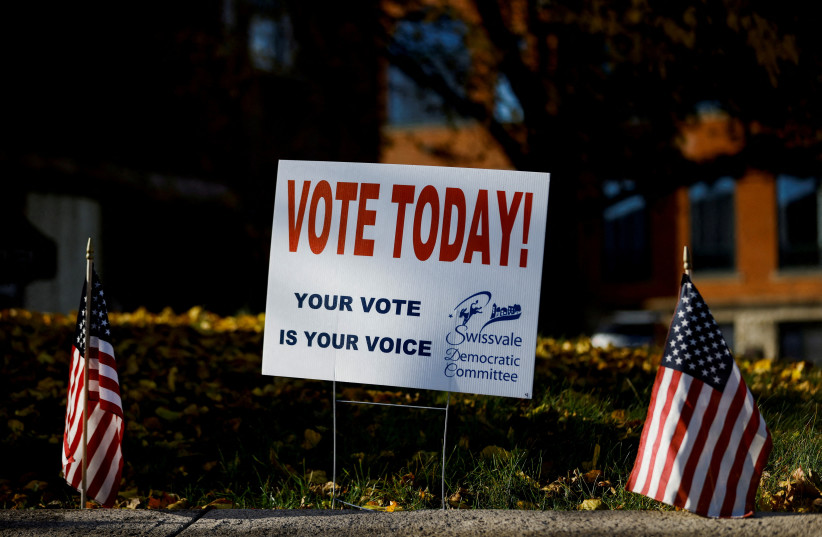WASHINGTON – The outcome that emerges from Tuesday’s election is one of a divided country, with no party able to score a decisive victory. Both parties have reasons to be satisfied with the results and yet many reasons to be worried about the future.
For Republicans, the bottom line is they are very likely to flip the House of Representatives, blocking essentially any presidential initiative. That would curtail Joe Biden’s legislative agenda for the next two years, severely hurting the Democrats’ ability to present additional victories to voters ahead of the 2024 elections. For example, Biden promised to codify Roe v. Wade into law after the elections – a move that now is all but certain to fail.
Suppose, indeed, Republicans gain control of the House. In that case, they will control all the committees, including subpoena powers, potentially setting the stage for a confrontation with the Biden administration on a wide range of issues, from the situation at the southern border to the administration’s foreign policy on Iran.
The Republican midterm disappointment
But on the other hand, Republicans are also surely disappointed. Earlier this year, it seemed like they had all the right conditions for a “red wave”: a slowing economy, which is forecast to slide into recession; inflation at a 40-year high; rising crime; and a sitting president with 40% approval ratings. Their candidates, both for the House and the Senate, failed to materialize the vulnerability of the Democratic Party, leaving Congress likely divided between the two parties.
And, yes, there was also a trend in the last few decades in which presidents lose a significant number of seats in their first midterm elections, as voters are looking to put a check on the party in power: Bill Clinton lost 52 seats in 1994; Barack Obama lost 63 in 2010, and Donald Trump lost 40 in 2018.

As of writing, Democrats are on track to lose a much lower number of seats, between 10 and 15 – encouraging news for Biden after several media reports indicated in recent months that his party might prefer if he wouldn’t run for reelection in 2024.
As Georgia is headed to a runoff, Democrats are also in a good position to keep the Senate, providing Biden the ability to control nominations – including for the Supreme Court if there is to be any vacancy in the next two years.
They also won key gubernatorial races in the battleground states of Wisconsin, Michigan and Pennsylvania – which could be proven extremely meaningful for the 2024 presidential election voting process.
Thus, the Democrats are likely to lose control in Congress and yet feel relieved, knowing the red wave could have been much greater.
Republicans chose to run on two main issues: the slowing economy and rising crime. Democrats, on the other hand, mainly ran on abortion rights and the future of US democracy.
When everything’s said and done, the mixed results mean that for any legislation to pass, the two sides will have to work together on a bipartisan basis – as both parties will seek victories ahead of the 2024 elections.
